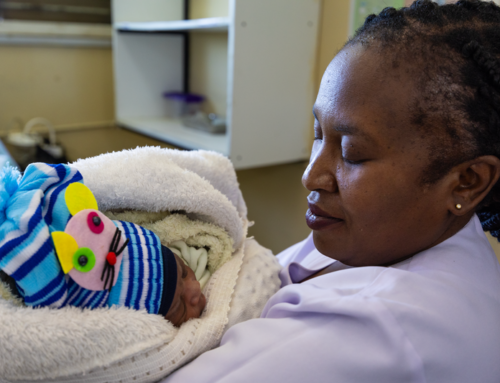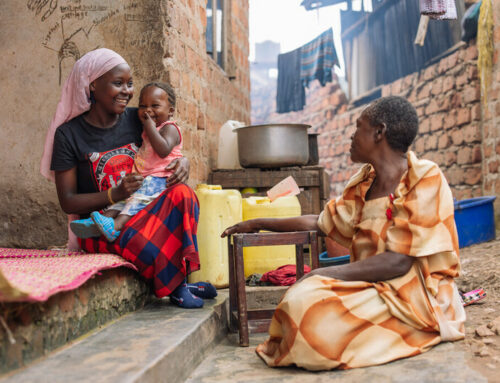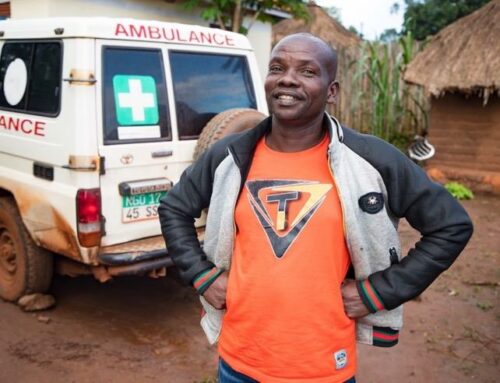Restoring dignity by repairing fistula
May 23 is International Day to End Obstetric Fistula. Obstetric fistula, a hole between the vagina and the bladder caused by complications during delivery that leads to the constant leaking of urine. Women who live with fistula often face alienation from their community because the condition leads to the constant leaking of urine. It is estimated that in Kenya, there are 56,000 new cases of fistula every year.
Felistus (39) and her husband live in Kenya on the outskirts of Nairobi together with their daughter Mercy (13). During the delivery of their second child in December 2009, things didn’t go smoothly. Felistus experienced obstructed labor but the doctors at the medical center where she gave birth found out too late.
“Only after having labor for a whole day and night, I was rushed to Kenyatta National Hospital by ambulance the next morning,” Felistus tells us. At Kenyatta National Hospital, the doctors couldn’t hear any heartbeat of the child and after a caesarian section the doctors found out that the baby boy had already died.
The next day, nurses told Felistus that she had developed an obstetric fistula, caused by complications during the delivery. “For weeks I had to go back to Kenyatta National Hospital, where they checked on my fistula and gave me a catheter, but this didn’t help,” Felistus says. In February 2009, Felistus was discharged, despite the fact that she was still leaking urine.
Her medical condition greatly affected her life. Felistus tells us, “I lost my job as a secretary in a school.” She continues, “My friends abandoned me and my neighbors even told my husband that he should leave me. For three months, I stayed indoors. I felt so ashamed.”
Felistus underwent two operations at Kenyatta National Hospital but the leaking didn’t stop. “I felt so miserable,” she says. But than the doctors told her that Amref Health Africa would have a free medical camp at Kenyatta National Hospital with specialists able to help her. She underwent a third operation with Amref Health Africa-trained specialists, and this time she healed. “Amref Health Africa did a very good job. For the first time, I was booked in a private wing and they really took good care of me and gave me a lot of counselling before and after the surgery,” she says.
“Despite everything I went through, I’m so grateful for what Amref Health Africa did. They gave me back my life. They are my people and I visit them very often here in Nairobi and they are always nice to me,” Felistus says. “They restored my dignity again. We are smiling again,” Felistus says while smiling indeed. “They really improved my life. Now I can work again and can go anywhere I want.”




